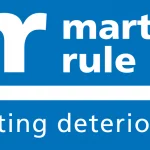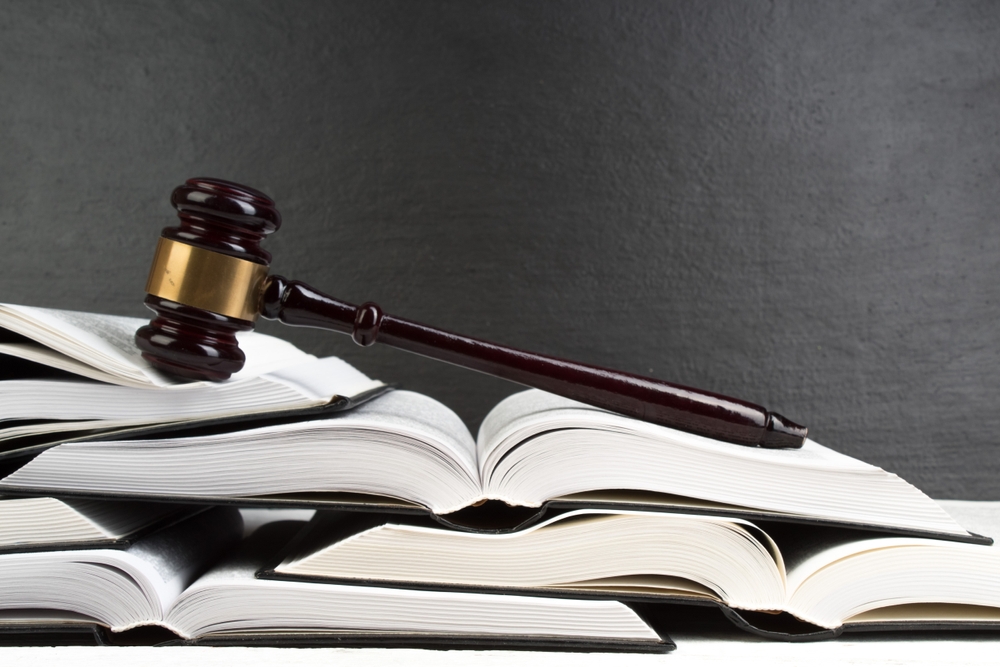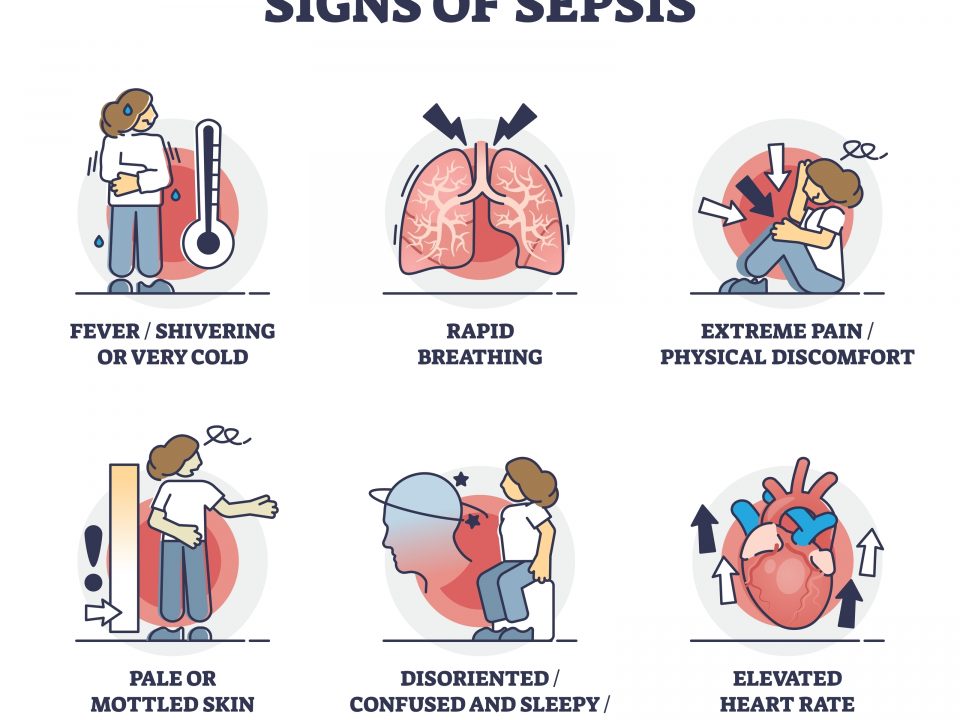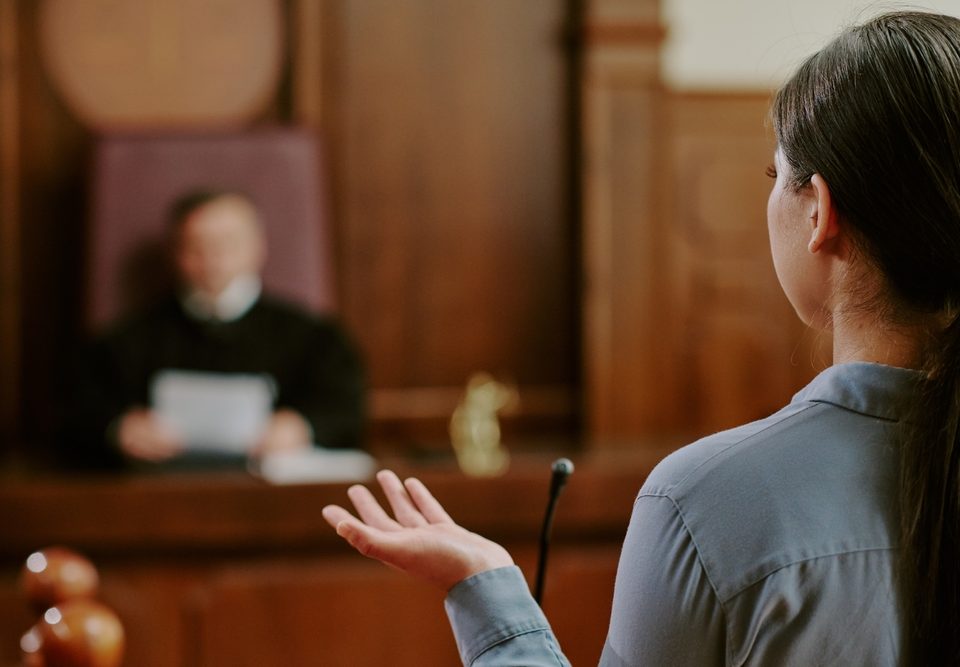
Expert Evidence vs. Common Sense in Medico-Legal Adjudication: Insights from Lawless v Keatley
20th August 2025
Martha’s Law and the Medico-Legal Imperative of Second Opinions
6th October 2025In the recent decision of JSC Commercial Bank Privatbank v Kolomoisky & Ors [2025] EWHC 1987 (Ch), Mr Justice Trower reaffirmed a critical—but sometimes overlooked—duty incumbent upon expert witnesses: the obligation to disclose previous judicial criticisms of their evidence to the court and opposing parties, as early as possible. This duty holds particular significance in medico‑legal practice, where credibility and transparency are essential to safeguarding the integrity of expert testimony.
1. Disclosure Obligations and Judicial Reminder
In the case, one of the defendant’s experts had in two prior cases been found “unreliable,” with judges rejecting his evidence accordingly. In one judgment, the expert was expressly told that such criticisms should have been disclosed in future reports. Despite this clear admonition, in the current litigation, the criticism was revealed only three days before cross‑examination—a delay that led Justice Trower to find a breach of the expert’s overriding duty to the court
The judge emphasized that it was the expert’s personal responsibility to ensure that such material was relayed early and constructively—not a task for instructing counsel alone
2. Consequences of Non-Disclosure
Justice Trower held that failure to disclose prior judicial criticism amounted to a breach of duty, albeit not necessarily resulting in outright exclusion of the expert’s evidence. Instead, the expert’s evidence was subjected to elevated scrutiny, potentially undermining its persuasive weight in medico‑legal proceedings.
3. Redemption Through Improved Conduct
Notably, the judgment also provides room for remediation. The court contrasted another expert, previously criticized in unrelated litigation for overstepping into advocacy, with his conduct in the current case—where he maintained impartiality, clarity in reasoning, and independence. The judge found the expert’s evidence to be fair, balanced, and credible, illustrating that past criticisms need not doom future credibility if the expert demonstrates reform and rigour.
4. Practical Take-Homes for Medico-Legal Experts
For medical experts engaged in litigation, the judgment offers clear guidance:
- Be proactive in disclosure. If you become aware of any prior judicial criticisms, whether through direct notification or by reading judgments, you must inform both instructing solicitors and, through them, all parties and the court, as early as possible.
- Reflect and reform. Acknowledge prior concerns, consider whether they reflect areas for professional development, and adjust your methodologies accordingly.
- Demonstrate impartiality and clarity. Uphold your role as an independent assessor. Avoid advocacy, ensure transparent reasoning, and adopt a balanced tone—qualities likely to rebuild judicial confidence.
5. Contextual Framework
While expert obligations are longstanding—for instance under CPR Part 35 and associated guidance emphasizing impartiality and Court‑facing duty—this case marks a significant intensification in judicial expectations. Disclosure of previous criticisms may not previously have been uniformly recognized as mandatory, but Justice Trower’s approach signals a firm evolution in judicial standards.
6. Conclusion: Upholding Credibility through Duty
The Privatbank v Kolomoisky judgment is a cautionary tale—and a constructive precedent—for medico-legal practitioners. Experts must not only prioritise thorough and independent analysis but also embrace radical transparency, including past criticisms of their work. Importantly, the judgment makes clear that new credibility can be earned through rigorous, impartial conduct, thereby avoiding the risk of diminished weight or reputational damage.
In medico-legal settings, where expert evidence often plays a pivotal role in complex health and constitutional matters, this case underscores that transparency and self-reflection are not optional, but foundational, to the profession’s integrity—and to the trust of both court and litigants.




